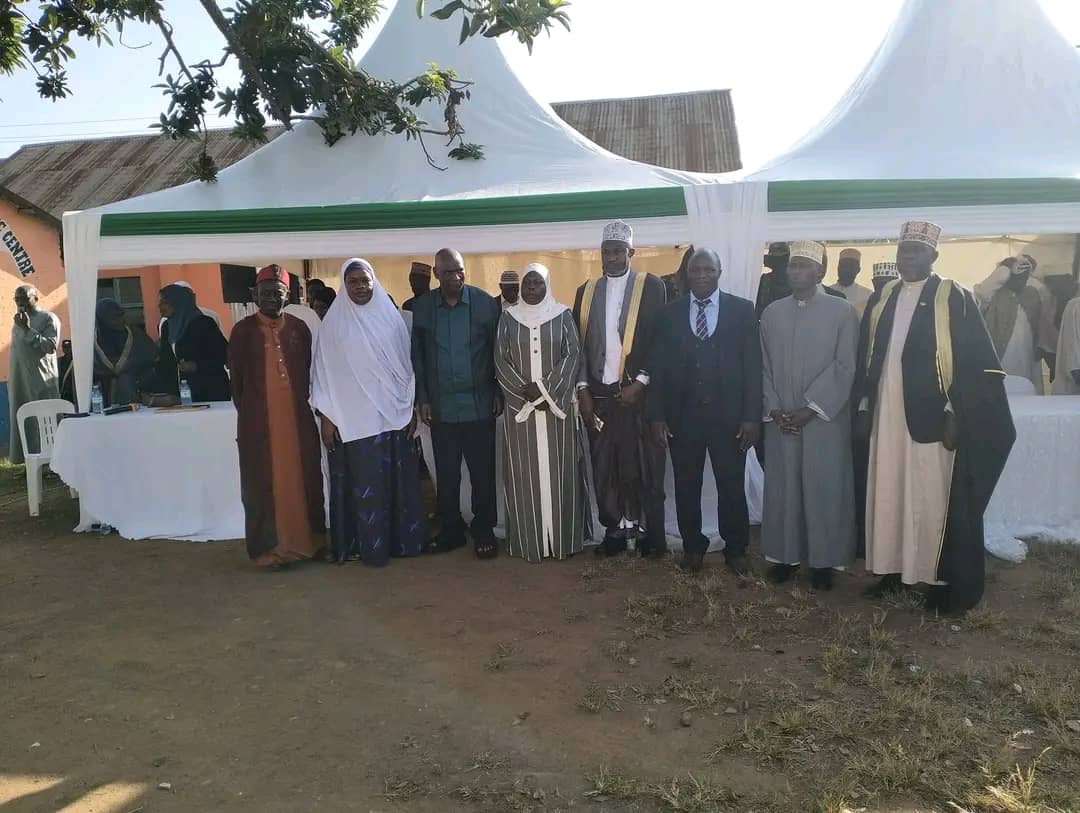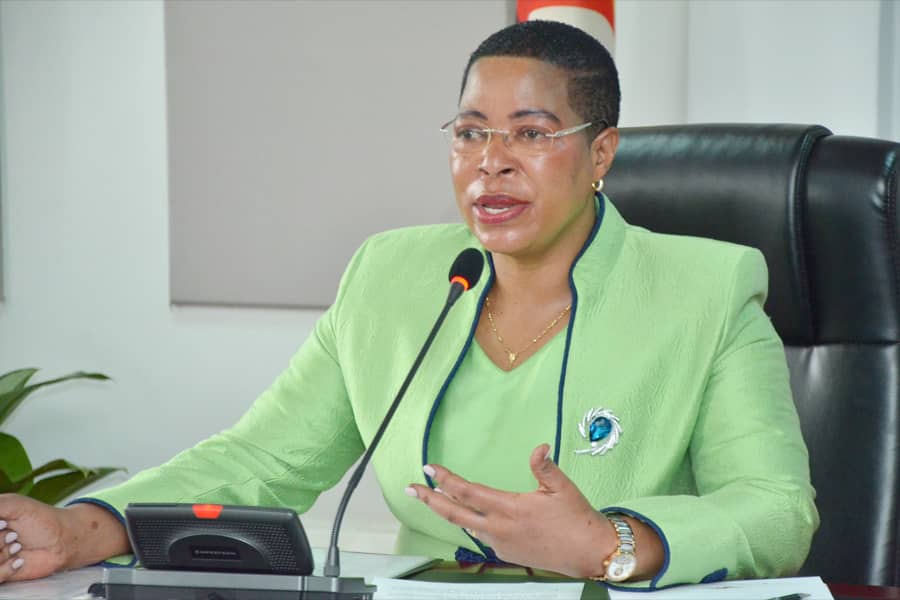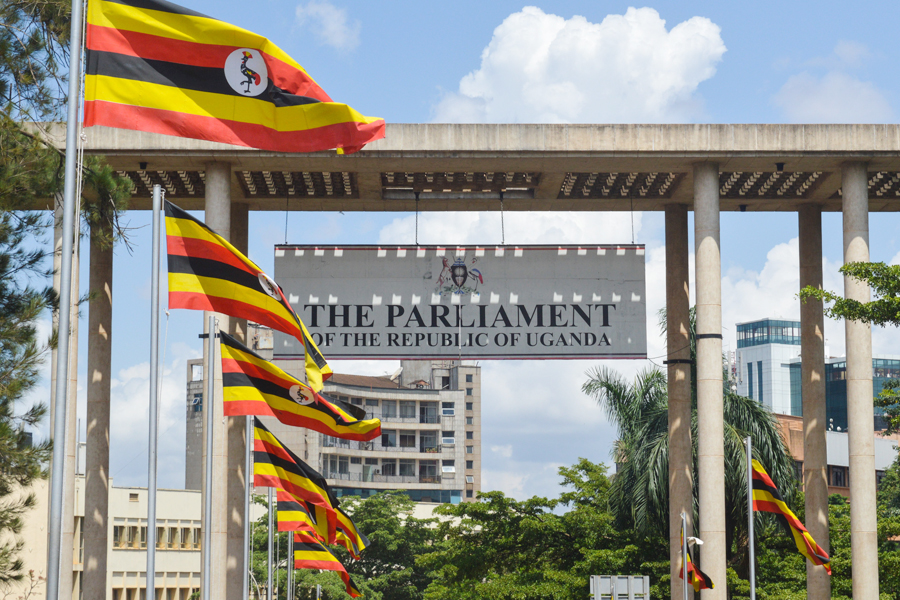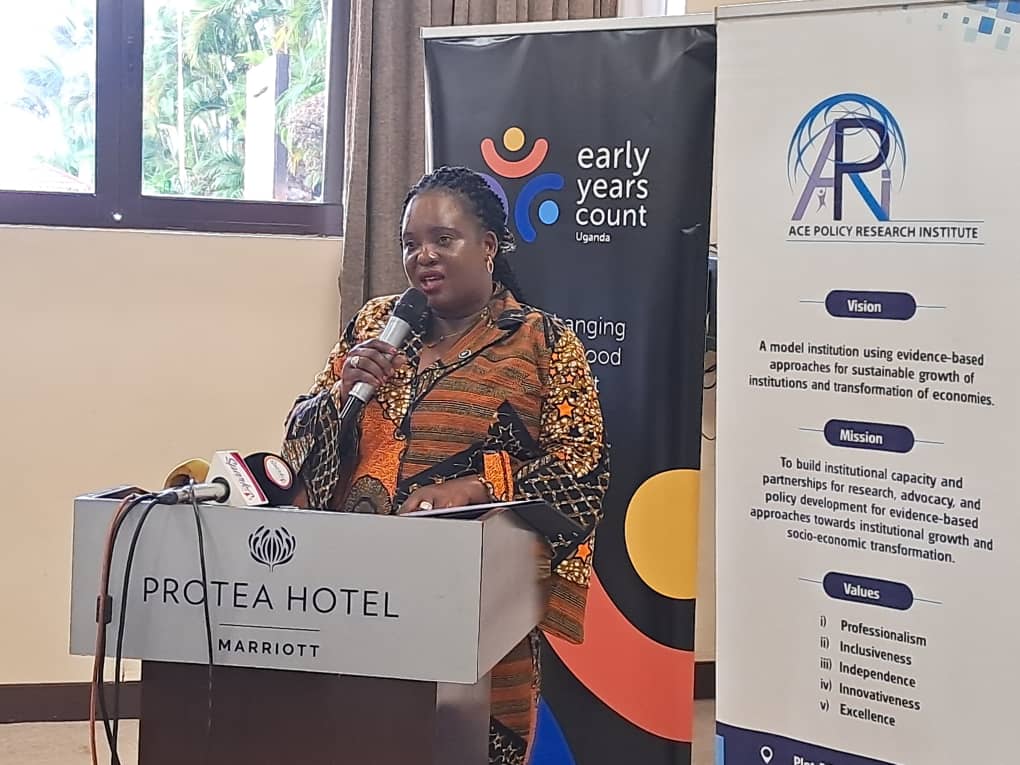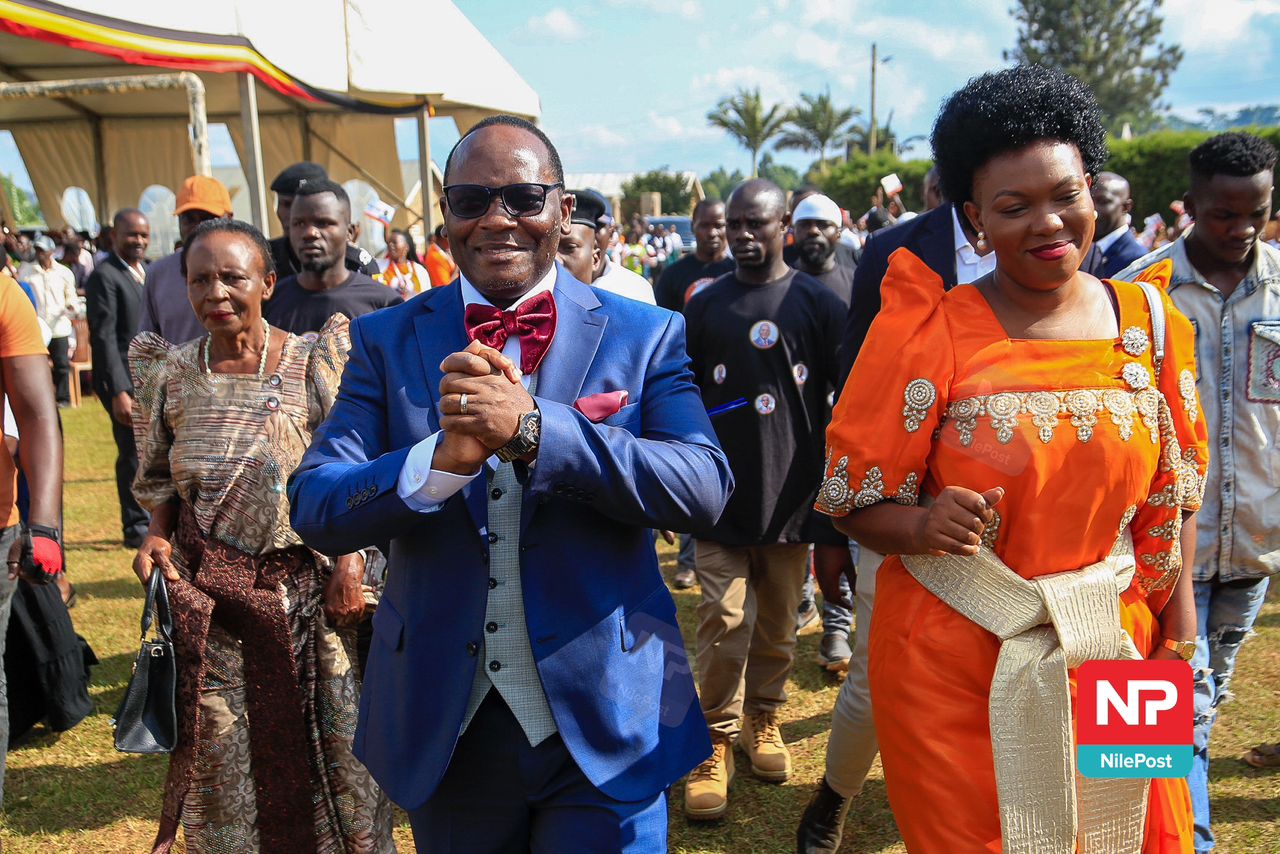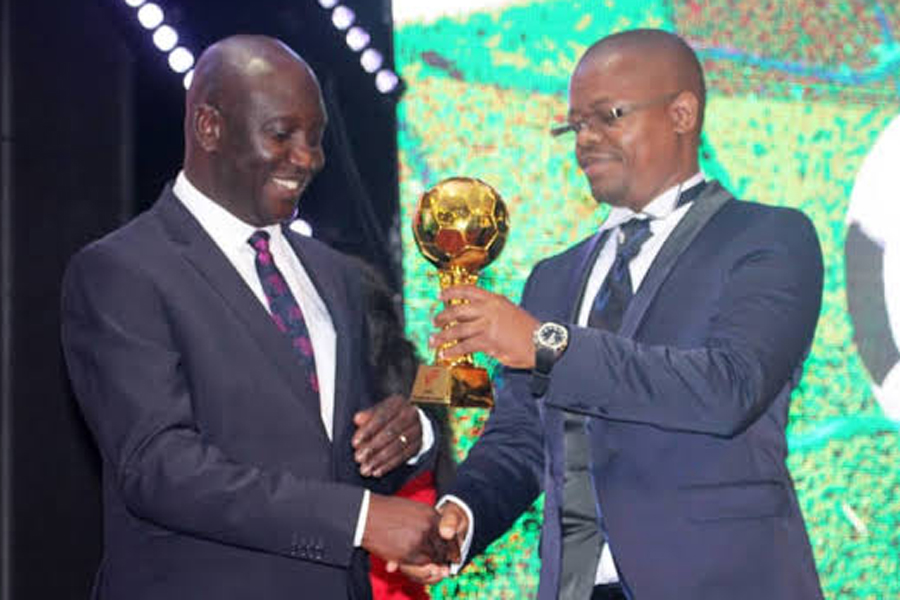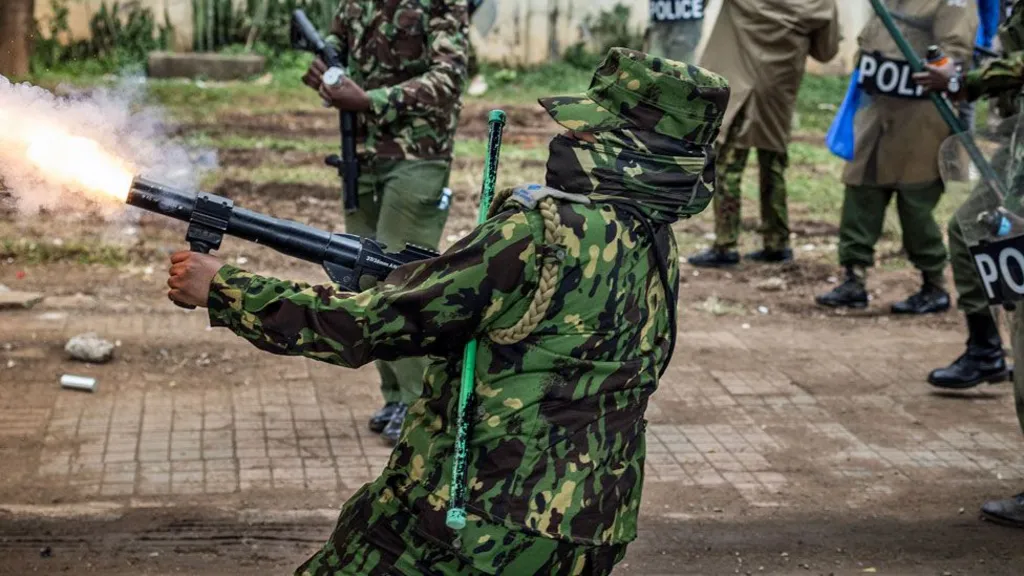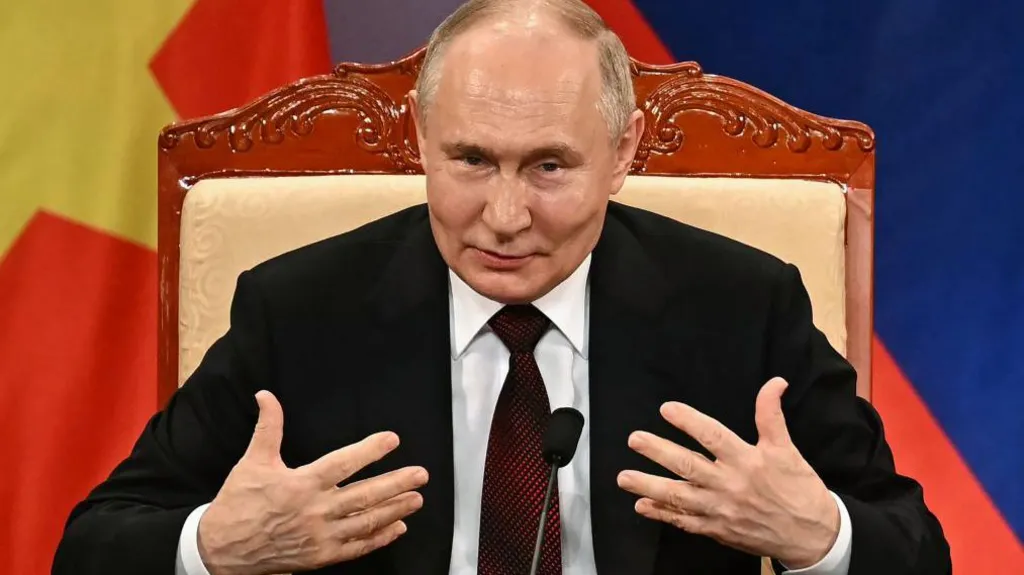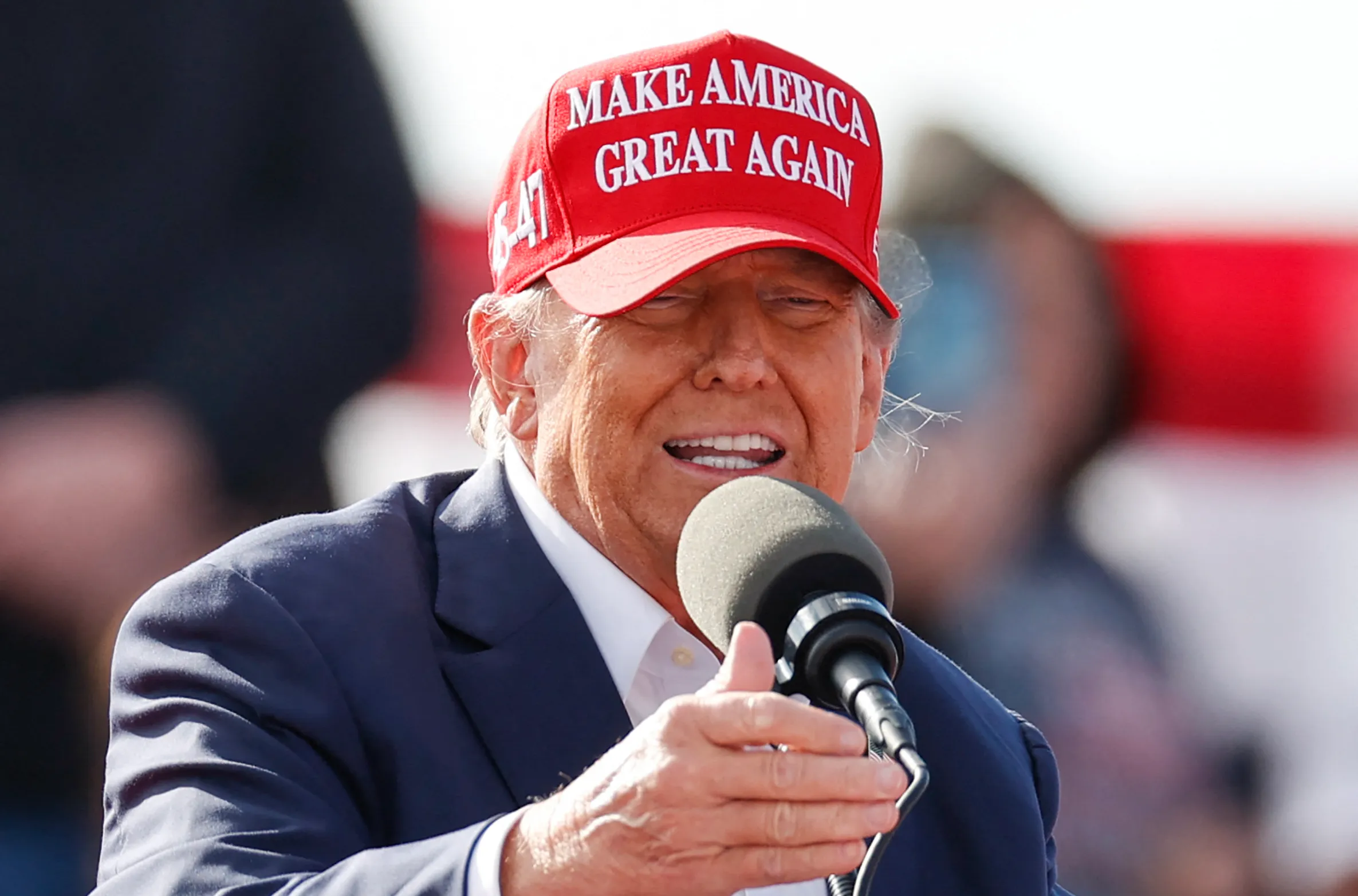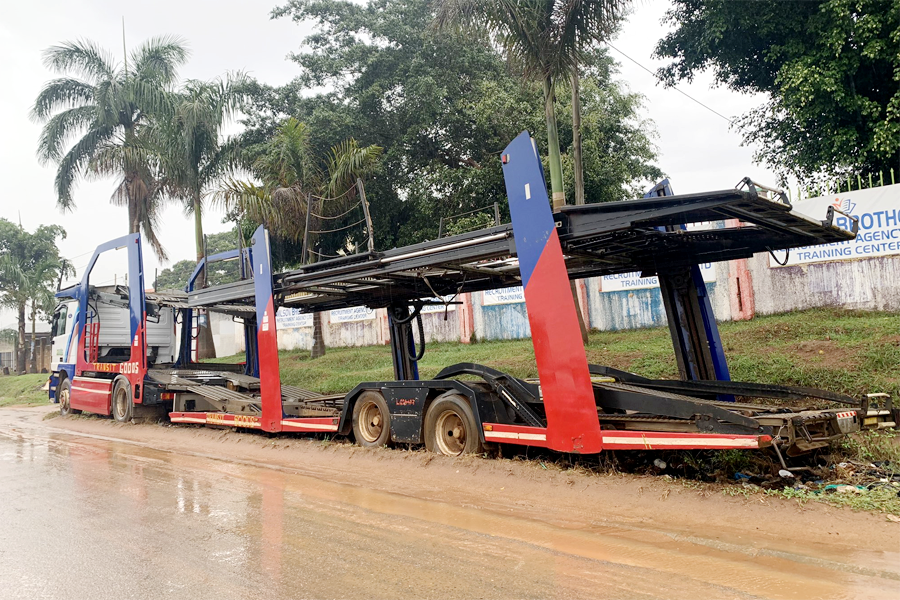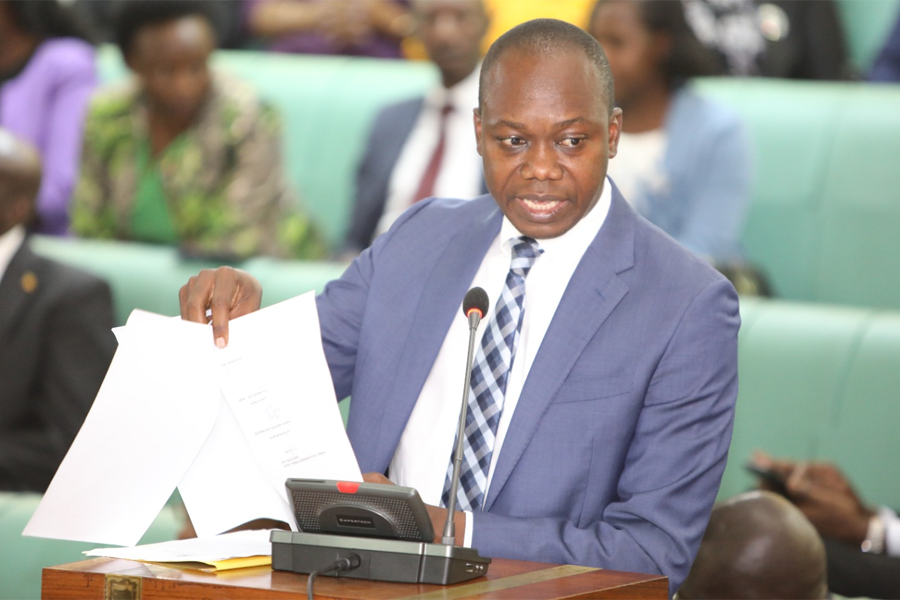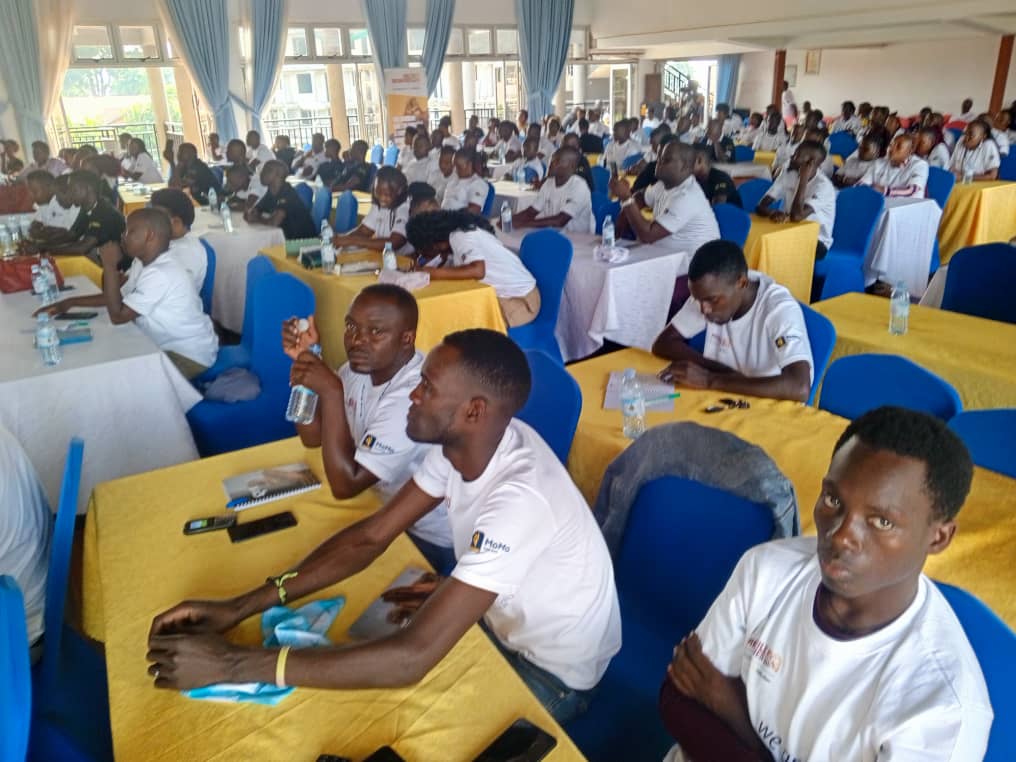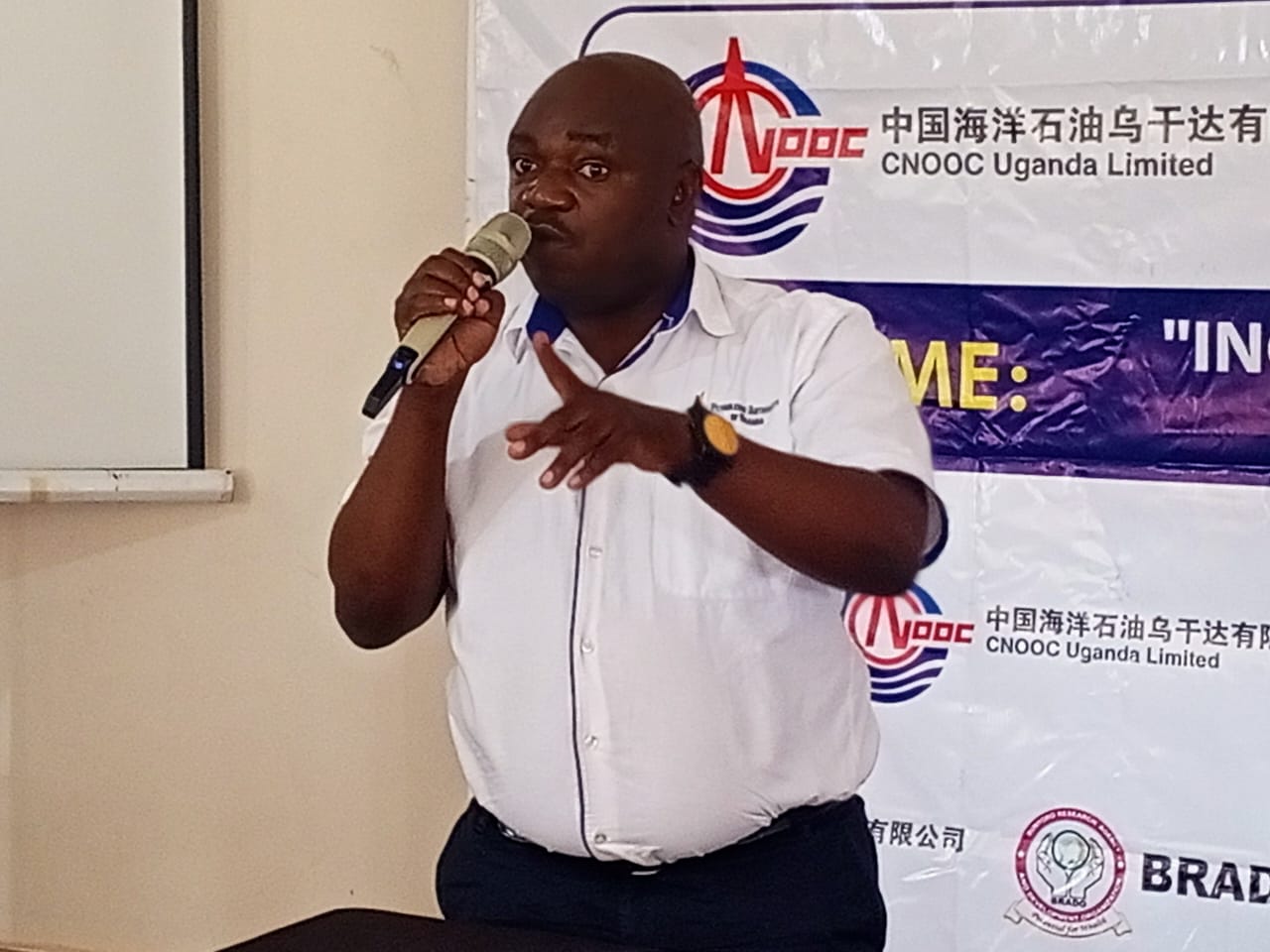What does the Government of National Unity in South Africa teach other Democracies in Africa
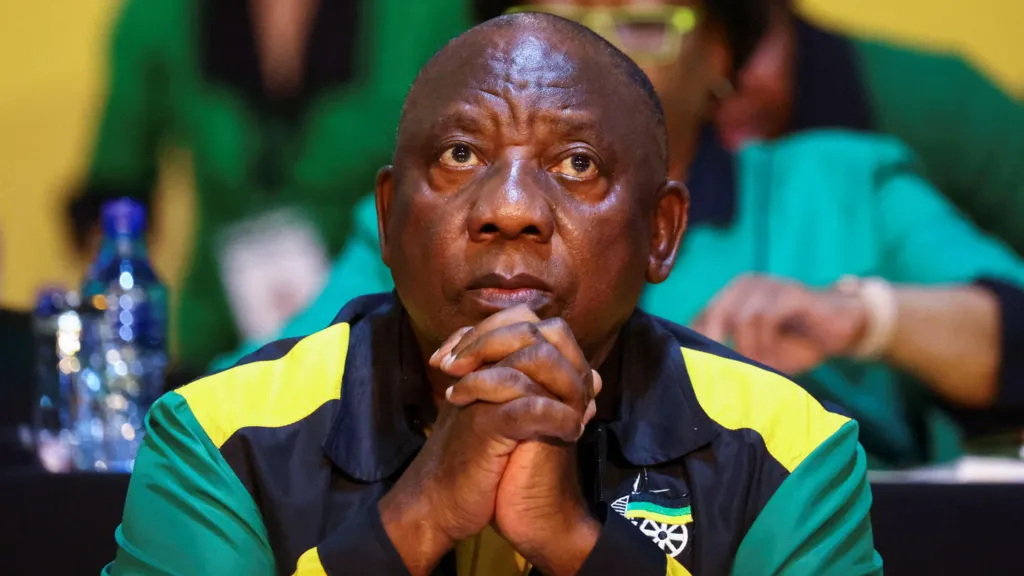
This has a lot to say about how much a lot has changed as far as the political landscape is concerned in South Africa. At the same time, the signing of the MOU amongst these three previously very fierce political opponents speaks to the realities that political parties must face to continue being relevant to the dynamic changing preferences of the electorates.
The ANC party of South Africa has always been our benchmark in NRM. Many of our party leaders have visited and made several study and benchmarking trips to South Africa.
Today, the 14th of June 2024, the ANC has signed an MOU entering a Government of National Unity (GNU) with the Democratic Alliance (DA) party and the Inkatha Freedom Party (IFP). All three partnering parties will share Cabinet posts and other executive positions proportionally to their percentage of representation in the National Assembly.
Keep Reading
- > Government commits support to development of Namugongo Muslim Martyrs Mosque
- > JEEMA calls on government to clarify sanctions imposed on speaker Among, other officials
- > Enhancing Accountability: Understanding the Supervision of Government Projects in Uganda
- > How the Government of Uganda Can Help Citizens Overcome Fear of Court Information
This has a lot to say about how much a lot has changed as far as the political landscape is concerned in South Africa. At the same time, the signing of the MOU amongst these three previously very fierce political opponents speaks to the realities that political parties must face to continue being relevant to the dynamic changing preferences of the electorates.
This is certainly going to be the first time the South Africans are trying out this GNU experiment but they are all eager and prepared to take the risks and sacrifices to make it work.
It is probably high time that as a continent trying to experiment with the concept of Western-style democracy, we should also start considering the viability, possibilities and advantages of Governments of National Unity. The concept of the winner takes it all, is getting out of fashion particularly where it has already been demonstrated that the sole governing political parties have failed to deliver on most of what they promise to their voters.
This has been so true in South Africa where ANC has been the predominant political party since 1994, but gradually its popularity has been eroding due to poor government service delivery. It was in the latest elections of two weeks ago when a party that used to garner satisfactory support to form a sole government now has been forced to court two other parties for it to be able to form a government and its party leader Cyril Rwamaposa to be elected and returned as the President of South Africa.
The notion of "the winner takes it all" that the ANC has been anchoring on has been proven not to be in the best interest of the country and the party itself. The ANC party strategists must have come to this realization rather late and they now have to recalibrate their approach to opposition politics. Many African countries need to be watching the developments in South Africa keenly.
Edward Baliddawa. Former Member of Parliament
Contact: 0772502121



